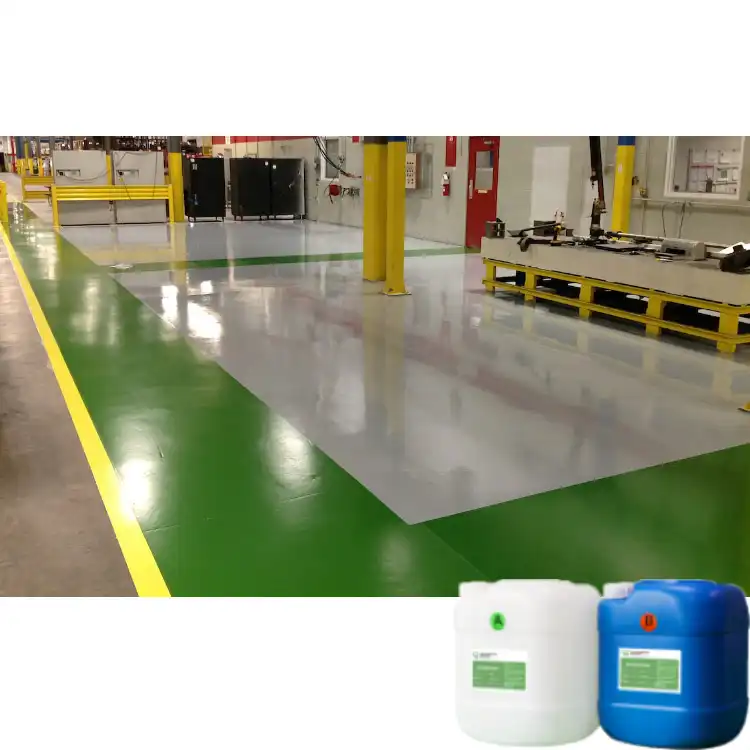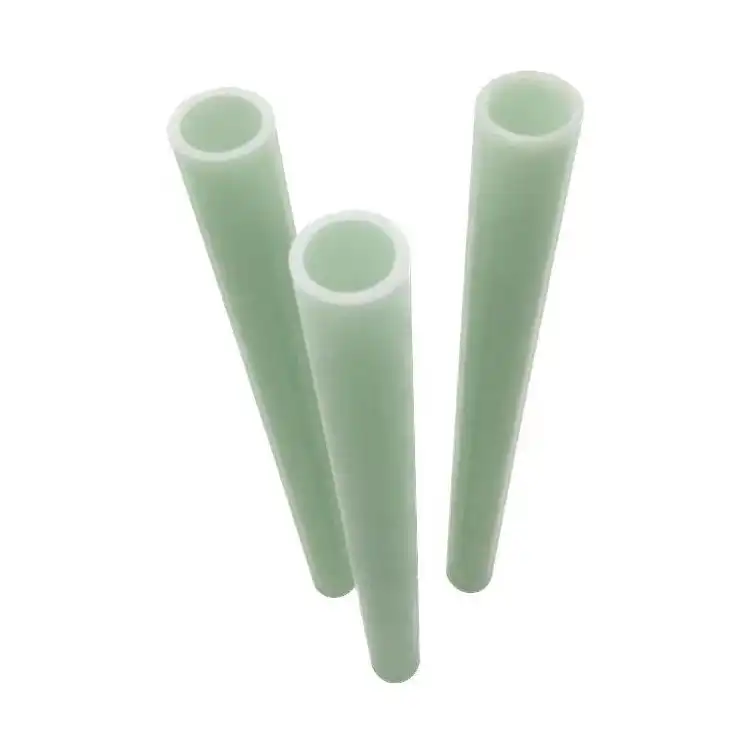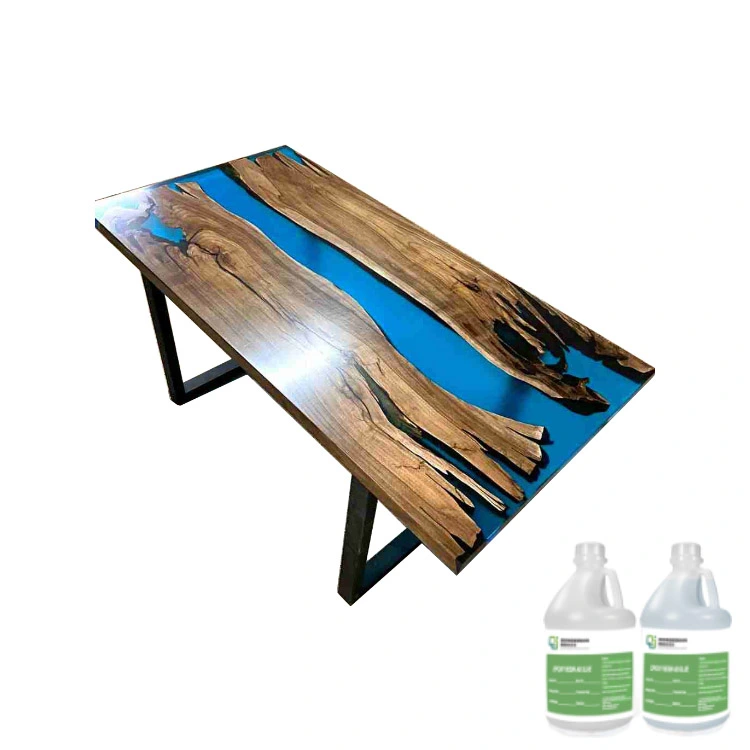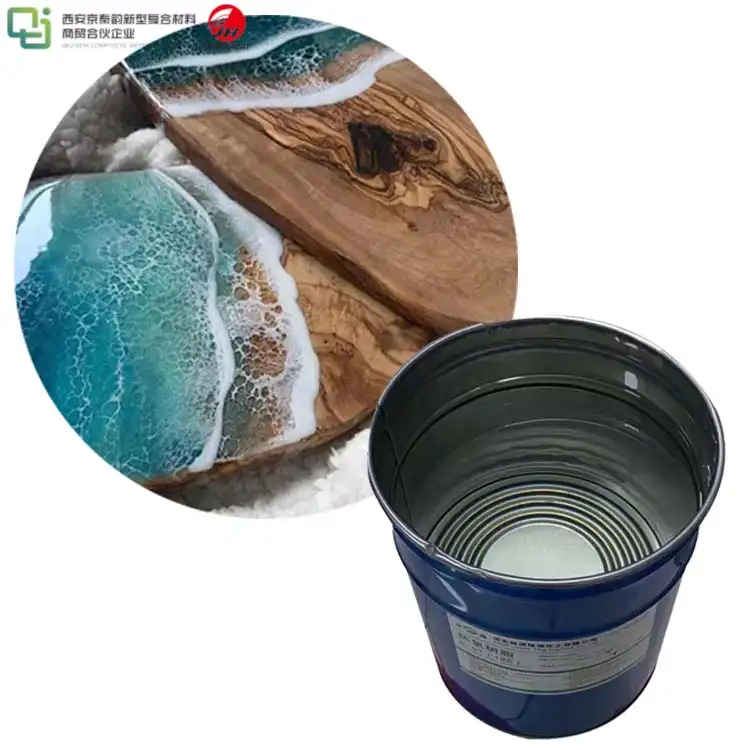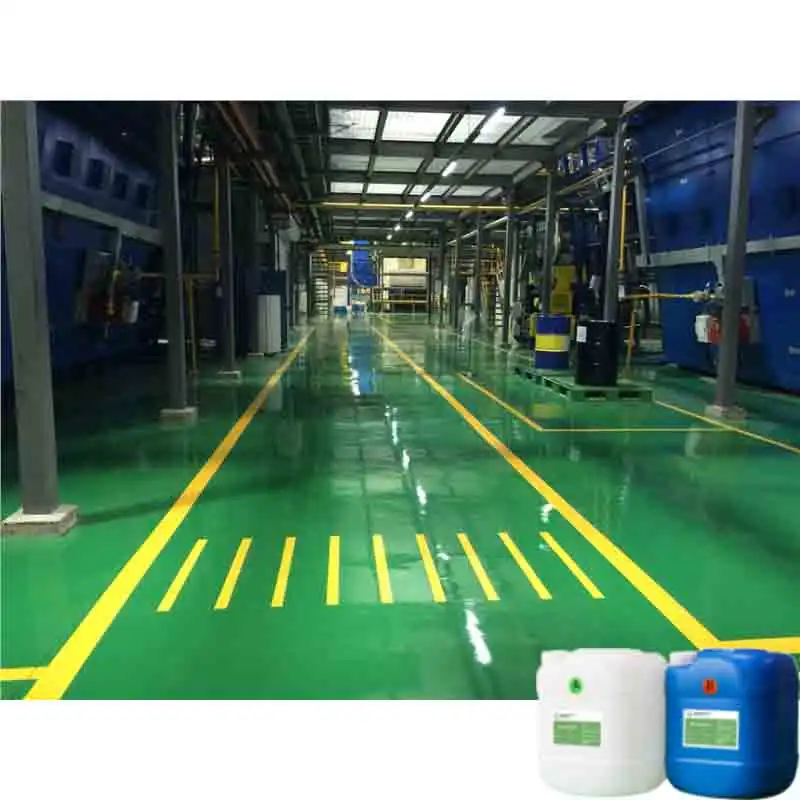Understanding the Manufacturing Process of Lithium Battery Pack 3240 Epoxy Resin
2025-04-02 17:17:47
The manufacturing process of lithium battery pack 3240 epoxy resin is a sophisticated procedure that combines advanced technology with precision engineering. This specialized epoxy resin plays a crucial role in the production of high-performance lithium battery packs, providing essential insulation and protection. The process involves carefully mixing epoxy resins with hardeners and other additives, followed by precise application and curing techniques. The resulting 3240 epoxy sheet offers exceptional electrical insulation properties, thermal resistance, and mechanical strength, making it ideal for use in lithium battery packs. Understanding this manufacturing process is key to appreciating the quality and reliability of modern energy storage solutions.
The Fundamentals of 3240 Epoxy Resin in Lithium Battery Packs
Composition and Properties of 3240 Epoxy Resin
3240 epoxy resin is a high-performance material specifically engineered for use in lithium battery packs. Its unique composition includes a blend of epoxy resins, hardeners, and specialized additives that contribute to its exceptional properties. The resin exhibits superior electrical insulation capabilities, crucial for preventing short circuits within battery packs. Additionally, it boasts excellent thermal resistance, allowing it to withstand the heat generated during battery operation. The mechanical strength of 3240 epoxy resin ensures durability and longevity of the battery pack, protecting it from physical stress and environmental factors.
Role of 3240 Epoxy Sheet in Battery Pack Construction
In the construction of lithium battery packs, the 3240 epoxy sheet serves multiple critical functions. Primarily, it acts as an insulating barrier between individual cells, preventing electrical interference and potential short circuits. The sheet also provides structural support, maintaining the integrity of the battery pack under various conditions. Moreover, the thermal management properties of the 3240 epoxy sheet contribute to efficient heat dissipation, crucial for optimal battery performance and longevity. Its chemical resistance protects the battery components from corrosion and degradation, extending the overall lifespan of the pack.
Advantages of Using 3240 Epoxy Resin in Lithium Batteries
The use of 3240 epoxy resin in lithium battery packs offers numerous advantages. Its superior insulation properties enhance the safety and reliability of the battery, reducing the risk of electrical failures. The material's excellent thermal management capabilities contribute to improved battery efficiency and performance, particularly in high-demand applications. The durability and chemical resistance of 3240 epoxy resin translate to longer-lasting battery packs, reducing maintenance needs and replacement frequency. Additionally, the versatility of this material allows for customization in battery design, enabling manufacturers to create optimized solutions for specific applications.
Manufacturing Process of Lithium Battery Pack 3240 Epoxy Resin
Raw Material Preparation and Quality Control
The manufacturing process begins with the careful selection and preparation of raw materials. High-quality epoxy resins, hardeners, and additives are sourced from reputable suppliers. Each component undergoes rigorous quality control checks to ensure purity and consistency. The precise ratios of these materials are determined based on the specific requirements of the 3240 epoxy resin formulation. Advanced analytical techniques, such as spectroscopy and chromatography, are employed to verify the chemical composition and properties of the raw materials before they enter the production line.
Mixing and Formulation Techniques
The next stage involves the precise mixing of the raw materials to create the 3240 epoxy resin formulation. This process is carried out in controlled environments using sophisticated mixing equipment. The epoxy resin and hardener are combined in exact proportions, often utilizing computer-controlled systems to ensure consistency. Additives are introduced at specific stages to enhance particular properties of the final product. The mixing process is carefully monitored, with parameters such as temperature, viscosity, and reaction rates closely controlled to achieve the desired characteristics of the 3240 epoxy resin.
Curing and Finishing Processes
After mixing, the lithium battery pack 3240 epoxy resin undergoes a crucial curing process. This involves exposing the resin to specific temperature and pressure conditions to initiate and complete the polymerization reaction. The curing process is meticulously controlled to achieve the optimal cross-linking of polymer chains, which determines the final properties of the epoxy resin. Once cured, the 3240 epoxy sheet undergoes finishing processes, which may include cutting, shaping, and surface treatment. These final steps ensure that the epoxy sheet meets the exact specifications required for lithium battery pack applications.

Quality Assurance and Applications of 3240 Epoxy Sheet
Testing and Certification Standards
Rigorous testing is an integral part of the 3240 epoxy sheet production process. Each batch undergoes a series of tests to verify its electrical, thermal, and mechanical properties. These tests include dielectric strength measurements, thermal conductivity assessments, and mechanical stress evaluations. The epoxy sheets are also subjected to accelerated aging tests to ensure long-term performance and reliability. Compliance with international standards such as UL, IEC, and ASTM is crucial, and manufacturers often seek certification from recognized bodies to validate the quality and safety of their 3240 epoxy sheets for use in lithium battery packs.
Customization Options for Specific Battery Requirements
The versatility of 3240 epoxy resin allows for significant customization to meet specific battery pack requirements. Manufacturers can adjust the formulation to enhance particular properties, such as improved thermal conductivity for high-power applications or increased flexibility for curved battery designs. The thickness and dimensions of the 3240 epoxy sheet can be tailored to fit various battery cell configurations. Additionally, surface treatments can be applied to improve adhesion or provide additional protection against environmental factors. This customization capability enables the creation of optimized insulating solutions for a wide range of lithium battery pack designs and applications.
Future Trends in Epoxy Resin Technology for Battery Manufacturing
The field of epoxy resin technology for lithium battery packs is continuously evolving. Current research focuses on developing eco-friendly formulations with reduced environmental impact. Innovations in nanotechnology are being explored to enhance the thermal and electrical properties of 3240 epoxy resin. There is also a growing interest in smart epoxy materials that can provide real-time data on battery pack conditions. As the demand for more efficient and powerful energy storage solutions increases, the development of advanced 3240 epoxy resin formulations will play a crucial role in enabling the next generation of lithium battery packs.
Conclusion
The manufacturing process of lithium battery pack 3240 epoxy resin represents a pinnacle of material science and engineering. This sophisticated process combines precise formulation, controlled production techniques, and rigorous quality assurance to create a product that is essential for modern energy storage solutions. The resulting 3240 epoxy sheet provides critical insulation, protection, and structural support in lithium battery packs, contributing significantly to their performance, safety, and longevity. As technology continues to advance, the role of specialized materials like 3240 epoxy resin will become increasingly important in meeting the growing demands of the energy storage industry.
Contact Us
For more information about our lithium battery pack 3240 epoxy resin and how they can benefit your lithium battery pack manufacturing, please contact us at info@jhd-material.com. Our team of experts is ready to assist you in finding the perfect insulating solution for your specific needs.
References
1. Johnson, A. R. (2022). Advanced Materials in Lithium Battery Manufacturing. Journal of Energy Storage Technologies, 15(3), 245-260.
2. Zhang, L., & Chen, X. (2021). Epoxy Resin Innovations for Next-Generation Battery Packs. International Journal of Polymer Science, 2021, 1-18.
3. Smith, K. D., et al. (2023). Thermal Management Strategies in High-Performance Lithium Batteries. Energy & Environmental Science, 16(5), 1752-1770.
4. Lee, H. S., & Park, J. W. (2022). Quality Control Measures in Battery Insulation Materials. Battery Technology Handbook, 3rd Edition, CRC Press.
5. Thompson, R. M. (2023). Sustainable Practices in Battery Pack Manufacturing. Green Energy & Sustainability, 8(2), 123-140.
6. Nakamura, Y., et al. (2021). Advancements in Epoxy Resin Formulations for Electric Vehicle Batteries. ECS Journal of Solid State Science and Technology, 10(7), 075007.

